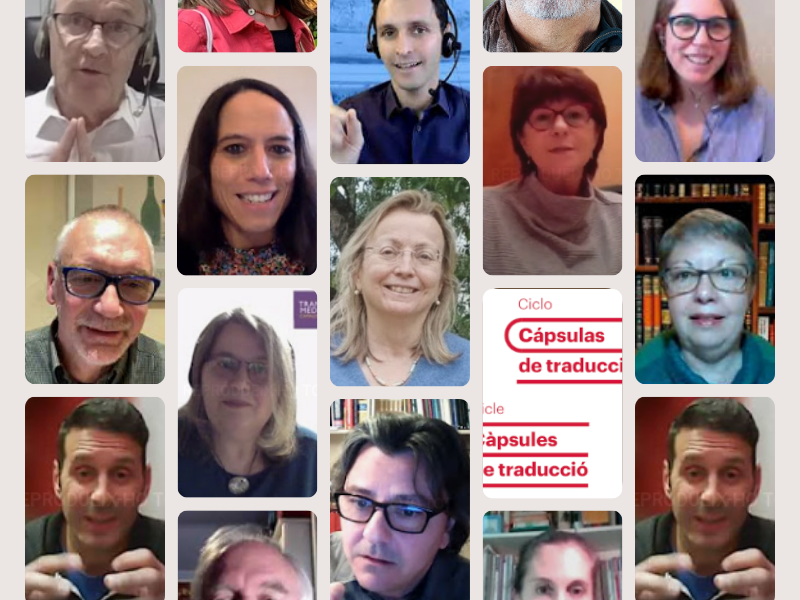 Las rimas oscuras que propone la época actual, enlazadas con ecos infames de los años treinta del siglo pasado, deberían ser superadas con el contrapeso de una civilidad europea en construcción permanente, reflexiva y crítica. No es mal momento, por lo tanto, para recuperar una obra como En tierras del Danubio. Una geografía sentimental (Le paysan du Danube et autres textes), de Denis de Rougemont (1906-1985), publicada por primera vez en 1932.
Las rimas oscuras que propone la época actual, enlazadas con ecos infames de los años treinta del siglo pasado, deberían ser superadas con el contrapeso de una civilidad europea en construcción permanente, reflexiva y crítica. No es mal momento, por lo tanto, para recuperar una obra como En tierras del Danubio. Una geografía sentimental (Le paysan du Danube et autres textes), de Denis de Rougemont (1906-1985), publicada por primera vez en 1932.
La trayectoria vital del intelectual suizo Denis de Rougemont conecta con preocupaciones de renovada vigencia: como miembro del grupo de los llamados “inconformistas de los años treinta”, se opuso a los movimientos totalitarios de la época. No podemos dejar de recordar en este punto la visión igualmente europeísta y antitotalitaria del vienés Stefan Zweig, quien, como es sabido, se suicidó en 1942 al no poder soportar la aparente victoria inminente del nazismo.
Después de la guerra, Denis de Rougemont fue uno de los pensadores que incidieron en la idea del federalismo europeo. Igualmente, en los años setenta del siglo pasado se situó en la órbita del informe Los límites del crecimiento, encargado por el Club de Roma y publicado en 1972. Este informe señalaba ya entonces la necesidad de aplicar criterios de sostenibilidad al crecimiento económico.
El libro En tierras del Danubio plasma una geografía literaria de los viajes que Denis de Rougemont realizó por Centroeuropa entre 1926 y 1930. Como apunta al comienzo, para el autor “Europa central es una de esas realidades que se reconocen de inmediato por el particular escalofrío que provoca”. Continue reading













